Celebrate Yarn Bombing Day

They’re showing up everywhere, like some kind of psychedelically colorful mushroom that grows sock-like over surfaces like trees and scaffolding and even bike racks. Somewhere, somehow, these normal everyday objects have suddenly become ensconced in an odd wooly growth in amazing patterns.
The skill varies widely from incredibly new to fantastically intricate, the thickness of the yarn from pencil-lead thin to thick as the pencil itself. Yarn Bombing Day is when fiber-freaks from around the world go on a knitting rampage to embrace the world in warm fuzzy comfort. Grab your needles and go forth noble kneedler, and stitch!
Learn about Yarn Bombing Day
To understand Yarn Bombing Day, we first need to take a look at what yarn bombing is. It is sometimes referred to as guerrilla knitting or yarnstorming. No matter what you call it, it is simply the practice of knitted works of art being added to public places. For example, a yarn bomber may design some sort of colorful knitted pattern and wrap it around a bus stop. The aim of this practice was to try and take knitting from something that was viewed as merely for creating clothes and hats to something that could add meaning and color to urban locations.
It’s not like standard graffiti where the point is to mark your territory. It’s also definitely not an act of vandalizing. It is about creating a sense of belonging and conveying meaning, as well as drawing attention to something that is ignored by most people. Yarn Bombing Day, therefore, is simply a celebration of this tradition, raising awareness of the art of crochet and knitting while having a lot of fun in the process.
History of Yarn Bombing Day
Ironically Yarn Bombing Day started as a simple gimmick at a sewing boutique, as part of their style and personality they knitted a sleeve for their door handle, and from there it spread like the mycorrhizal life form we mentioned above (That’s mushroom folks, most fungi… listen this isn’t a botany class, trust us, it’s shroom-like).
From there it started spreading to cover telephone poles, put colorful socks on statues, and bike racks, even trees have received a warm and lovely sleeve to see them through the cold winter months. The first-ever Yarn Bombing Day actually took place on the 11th of June 2011, and it has been going strong ever since!
It’s all done in the spirit of beautification and fun, bringing a fantastically colorful display to urban areas around the world. It’s not even seen as graffiti by most people in the area, but rather an entirely acceptable and attractive form of urban art. And it’s little surprise, with all the amazing patterns that can come out of a knitter’s craft, and the warm and comfortable nature of the fabric. Of course, they don’t use wool because some people are allergic, but it’s still a fantastic time!
John Constable (June 11, 1776 - March 31, 1837), RA was an English landscape painter in the Romantic tradition. Born in Suffolk, he is known principally for his landscape paintings of Dedham Vale, the area surrounding his home – now known as "Constable Country" – which he invested with an intensity of affection.
Joke of the Day
The Hinges
I used to be in a band called The Hinges...
We opened for The Doors!
We opened for The Doors!
Word of the Day
meander
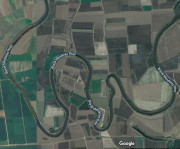
A section of Büyük Menderes river, Turkey
MEANING:
verb intr.: 1. To follow a winding course. 2. To move aimlessly. 3. To speak or write without a focus. noun: 1. A curve or bend in a path, stream, etc. 2. A winding path. 3. A circuitous journey; a ramble.
ETYMOLOGY:
After Maeander (modern name: Büyük Menderes), a river in Turkey, known for its winding course. Earliest documented use: 1576.
USAGE:
“His beguiling but loose thesis pretty much allows Mr Nuttall to go where he like ... so ‘Shakespeare the Thinker’ meanders, but it meanders beautifully.”
With a Glass of Dry Sherry; The Economist (London, UK); Jun 9, 2007.
| verb intr.: | 1. To follow a winding course. |
| 2. To move aimlessly. | |
| 3. To speak or write without a focus. | |
| noun: | 1. A curve or bend in a path, stream, etc. |
| 2. A winding path. | |
| 3. A circuitous journey; a ramble. |
With a Glass of Dry Sherry; The Economist (London, UK); Jun 9, 2007.
Idiom of the Day

- Makes your flesh crawl
Meaning: Something that makes you feel disgusting or nervous.

This Day in History
 1864 - Composer, conductor and musician Richard Georg Strauss was born.
1864 - Composer, conductor and musician Richard Georg Strauss was born.

1880 - Jeanette Rankin was born. She became the first woman elected to the U.S. Congress.
 1895 - Charles E. Duryea received the first U.S. patent granted to an American inventor for a gasoline-driven automobile.
1895 - Charles E. Duryea received the first U.S. patent granted to an American inventor for a gasoline-driven automobile.
 1910 - Jacques-Yves Cousteau was born. He was the French underwater explorer that invented the Aqua-Lung diving apparatus.
1910 - Jacques-Yves Cousteau was born. He was the French underwater explorer that invented the Aqua-Lung diving apparatus.
 1919 - Sir Barton became the first horse to capture the Triple Crown when he won the Belmont Stakes in New York City.
1919 - Sir Barton became the first horse to capture the Triple Crown when he won the Belmont Stakes in New York City.
 1927 - Charles A. Lindberg was presented the first Distinguished Flying Cross.
1927 - Charles A. Lindberg was presented the first Distinguished Flying Cross.

1950 - Ben Hogan returned to tournament play after a near fatal car accident. He won the U.S. Open.

1982 - Steven Spielberg's movie "E.T." opened.

1987 - Margaret Thatcher became the first British prime minister in 160 years to win a third consecutive term of office.
 1990 - Olivia Newton-John became a United Nations environmental ambassador.
1990 - Olivia Newton-John became a United Nations environmental ambassador.
 2002 - The television series "American Idol" debuted. The show featured judges Randy Jackson, Paula Abdul and Simon Cowell.
2002 - The television series "American Idol" debuted. The show featured judges Randy Jackson, Paula Abdul and Simon Cowell.

2010 - The FIFA World Cup opened in South Africa. It was the first time it was held in Africa.
thanks, Dana
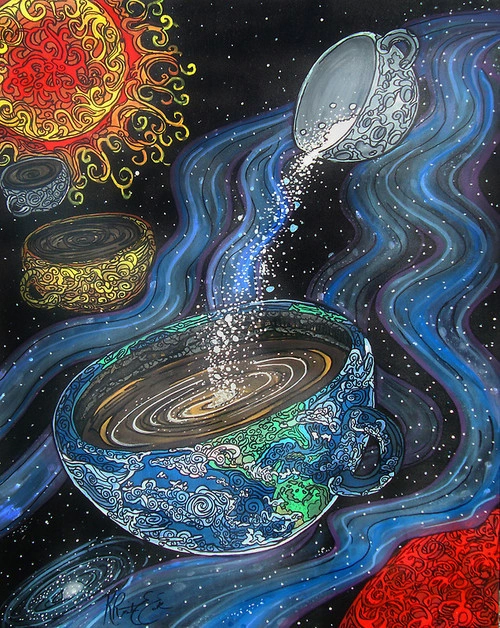
DAILY SQU-EEK
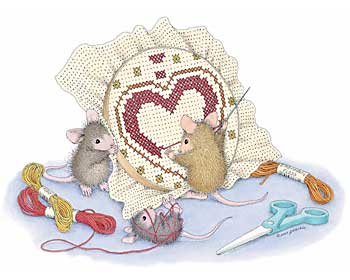
If You Were Born Today, June 11
You think and move quickly and often dramatically. Highly intelligent, you are always absorbing and processing information in some cases to the point of nervousness. It can be challenging to turn your mind off enough to relax at times. Some might describe you as a little eccentric--certainly highly original! Your beliefs are strong and you stand up for them with courage and conviction. You are also very security-conscious and dislike feeling indebted. Famous people born today:
 1572 Ben Jonson, English playwright and poet (Volpone, Alchemist), born in London (d. 1637)
1572 Ben Jonson, English playwright and poet (Volpone, Alchemist), born in London (d. 1637)

1880 Jeannette Rankin, American politician, 1st woman elected to US Congress (R-Montana), women's rights advocate and pacifist, born in Missoula, Montana (d. 1973)

1910 Jacques Cousteau, French oceanic explorer (Calypso), born in Saint-André-de-Cubzac, Gironde, France (d. 1997)

1913 Vince Lombardi, American football coach (Green Bay Packers), born in Brooklyn, New York (d. 1970)

1933 Gene Wilder [Jerome Silberman], American actor ( Blazing Saddles, Charlie and the Chocolate Factory), born in Milwaukee, Wisconsin (d. 2016)

1945 Robert Munsch, Canadian children's author (The Paper Bag Princess, Love You Forever), born in Pittsburgh, Pennsylvania

1959 Hugh Laurie, English actor (Strapless, Dr Gregory House-House), born in Oxford, England

1969 Peter Dinklage, American actor (Games of Thrones), born in Morristown, New Jersey

1986 Shia LaBeouf, American actor (Disturbia, Transformers), born in Los Angeles, California
thanks, Sylvia

READERS INFO
1.
(Not So) Totally Useless Facts of The Day:
 What do you call a group of tigers in the wild? They are called an “ambush”. Tigers are known to be solitary animals but when they do travel in a pack, it’s considered an AMBUSH of tigers.
What do you call a group of tigers in the wild? They are called an “ambush”. Tigers are known to be solitary animals but when they do travel in a pack, it’s considered an AMBUSH of tigers.
 Rick Astley, the British singer who made it #1 worldwide in 1987 with his hit song “Never Gonna Give You Up” was once in the FBI. Yes, that is a true statement. However, it’s not the FBI that you are thinking. He was not a member of the United States Federal Bureau of Investigation. He was a member of a local British band called the FBI.
Rick Astley, the British singer who made it #1 worldwide in 1987 with his hit song “Never Gonna Give You Up” was once in the FBI. Yes, that is a true statement. However, it’s not the FBI that you are thinking. He was not a member of the United States Federal Bureau of Investigation. He was a member of a local British band called the FBI.
 The Sahara Desert stretches farther than the distance from California to New York.
The Sahara Desert stretches farther than the distance from California to New York.
2.
Coronavirus Style by Sylvia, CAN DO Correspondent
The Forgotten Language Of Flowers

Before the telephone and texting, people picked flowers and sent them to each other. Below is a dictionary of sorts, what each flower signified when sent to a friend or lover.
For instance, we could send a Camelia Japonica to Diane!
thanks, Sylvia :-)

People could say things in a nicer way using flowers. Would it be great if people today 1) knew the names of flowers beyond those we see in hospital rooms, and 2) knew the language inherent in their use? I mean, do we even know what a forget-me-not looks like? Or that a buttercup was symbolic in a time when people had so little fat in their diets they dreamed of butter? Hmm-m-m-m...what does an African Violet mean? Or an avocado plant? For some fun, look for the hidden joke below.
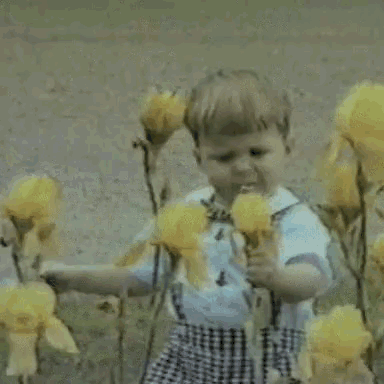
Almond, flowering = Concealed love
Althea, Frutex = I am deeply in love
Amaranth = Immortality, or piety
Anemone = Fading hope
Arbor = Vitae = Unchanging friendship
Auricula, Scarlet = Pride; you are proud
Bachelor's button = Hope in love
Balm = I long for your society
Balsamine = Impatience; pray come
Bay Leaf = I change but in dying
Box = I believe in your constancy
Buttercup = Riches; you are rich
Calla Ethiopica = Magnificent beauty
Carnation = Pride and beauty
Camelia Japonica = Surpassing excellence
Cedar = Think of me
China Aster = Caprice
Cypress = Despair and without hope
Dahlia = Dignity; I will sustain it
Daisy = Youthful beauty
Dandelion = Coquetry; I accuse you of it
Eglantine = I wound to heal (Victorian bipolarity)
Forget-me- not = True love for ever
Foxglove = Insincerity; you are false
Geranium = Gentility and elegance
Gillyflower = Thou art fair
Golden Rod = Encouragement; you will succeed
Grass = Submission
Heart's Ease = Love in idleness
Heliotrope = Devotion; let us pray for each other
Hellebore = Calumny; you have listened
Hollyhock = Ambition; I seek glory
Honeysuckle = Dost thou love me?
Houstonia = Content ever with thee
Hyacinth, Purple = Sorrow; I am sad
Hydrangea = Heartlessness
Ivy = Wedded Love; we are happy
Jasmine, White = I desire a return of my affection
Larkspur = Haughtiness
Laurel = Ambition; I will win
Laurustinus = A token; pray remember
Lavender = Acknowledgment
Lilac = Fastidiousness
Lily, White = Purity and beauty
Magnolia = You are beautiful
Marigold = Jealousy; I have cause
Marijuana = Hi
Mignionette = I live for thee
Moss = Patience; pray wait
Oak Leaf = Courage; I will endure
Passion Flower = Piety; trust in God
Periwinkle = Memory; never forget
Pink = Household love; I am at home
Poppy = Forgetfulness
Primrose = Neglected merit
Rose = Love, or I love you
Rue = Disdain; go, never return
Saffron = Marriage; when?
Snow drop = Faithful in adversity
Thyme = Thriftiness; I am diligent
Tulip = Beautiful eyes; look on me
Violet = I dream of thee
Willow = Forsaken never more
Wheat = Prosperity I wish thee
Yew = Penitence; I am sorry
1880 - Jeanette Rankin was born. She became the first woman elected to the U.S. Congress.
1950 - Ben Hogan returned to tournament play after a near fatal car accident. He won the U.S. Open.
1982 - Steven Spielberg's movie "E.T." opened.
1987 - Margaret Thatcher became the first British prime minister in 160 years to win a third consecutive term of office.
2010 - The FIFA World Cup opened in South Africa. It was the first time it was held in Africa.
thanks, Dana

DAILY SQU-EEK



The Forgotten Language Of Flowers

Before the telephone and texting, people picked flowers and sent them to each other. Below is a dictionary of sorts, what each flower signified when sent to a friend or lover.
For instance, we could send a Camelia Japonica to Diane!
thanks, Sylvia :-)
People could say things in a nicer way using flowers. Would it be great if people today 1) knew the names of flowers beyond those we see in hospital rooms, and 2) knew the language inherent in their use? I mean, do we even know what a forget-me-not looks like? Or that a buttercup was symbolic in a time when people had so little fat in their diets they dreamed of butter? Hmm-m-m-m...what does an African Violet mean? Or an avocado plant? For some fun, look for the hidden joke below.

Almond, flowering = Concealed love
Althea, Frutex = I am deeply in love
Amaranth = Immortality, or piety
Anemone = Fading hope
Arbor = Vitae = Unchanging friendship
Auricula, Scarlet = Pride; you are proud
Bachelor's button = Hope in love
Balm = I long for your society
Balsamine = Impatience; pray come
Bay Leaf = I change but in dying
Box = I believe in your constancy
Buttercup = Riches; you are rich
Calla Ethiopica = Magnificent beauty
Carnation = Pride and beauty
Camelia Japonica = Surpassing excellence
Cedar = Think of me
China Aster = Caprice
Cypress = Despair and without hope
Dahlia = Dignity; I will sustain it
Daisy = Youthful beauty
Dandelion = Coquetry; I accuse you of it
Eglantine = I wound to heal (Victorian bipolarity)
Forget-me- not = True love for ever
Foxglove = Insincerity; you are false
Geranium = Gentility and elegance
Gillyflower = Thou art fair
Golden Rod = Encouragement; you will succeed
Grass = Submission
Heart's Ease = Love in idleness
Heliotrope = Devotion; let us pray for each other
Hellebore = Calumny; you have listened
Hollyhock = Ambition; I seek glory
Honeysuckle = Dost thou love me?
Houstonia = Content ever with thee
Hyacinth, Purple = Sorrow; I am sad
Hydrangea = Heartlessness
Ivy = Wedded Love; we are happy
Jasmine, White = I desire a return of my affection
Larkspur = Haughtiness
Laurel = Ambition; I will win
Laurustinus = A token; pray remember
Lavender = Acknowledgment
Lilac = Fastidiousness
Lily, White = Purity and beauty
Magnolia = You are beautiful
Marigold = Jealousy; I have cause
Marijuana = Hi
Mignionette = I live for thee
Moss = Patience; pray wait
Oak Leaf = Courage; I will endure
Passion Flower = Piety; trust in God
Periwinkle = Memory; never forget
Pink = Household love; I am at home
Poppy = Forgetfulness
Primrose = Neglected merit
Rose = Love, or I love you
Rue = Disdain; go, never return
Saffron = Marriage; when?
Snow drop = Faithful in adversity
Thyme = Thriftiness; I am diligent
Tulip = Beautiful eyes; look on me
Violet = I dream of thee
Willow = Forsaken never more
Wheat = Prosperity I wish thee
Yew = Penitence; I am sorry

Pictures of the day
Pictures of the day

The brown pelican (Pelecanus occidentalis) is a bird of the pelican family, Pelecanidae, one of three species found in the Americas and one of two that feed by diving into water. This photograph shows a juvenile brown pelican gliding over the Pacific Ocean at Bodega Head, California. After hatching, the pelican chicks are fed on regurgitated predigested fish and take about two months to fledge. When they leave the nest, they are at first unable to fly and take wing several weeks later. When the parents cease to feed them, some six months later, each will have consumed around 70 kg (150 lb) of fish. The juvenile brown pelican does not acquire adult plumage until three years of age, when the feathers on the neck become paler, the upper parts striped, the wing feathers grayer, and the belly acquires dark spots.
Frankfurt, Germany

Starlings sit on the backs of fallow deer in a nature reserve.
knit
thanks, Rose

Aspen Poncho

thanks, Valerie, Canadian Correspondent
crochet
thanks, Debbie
RECIPE
thanks, Ina
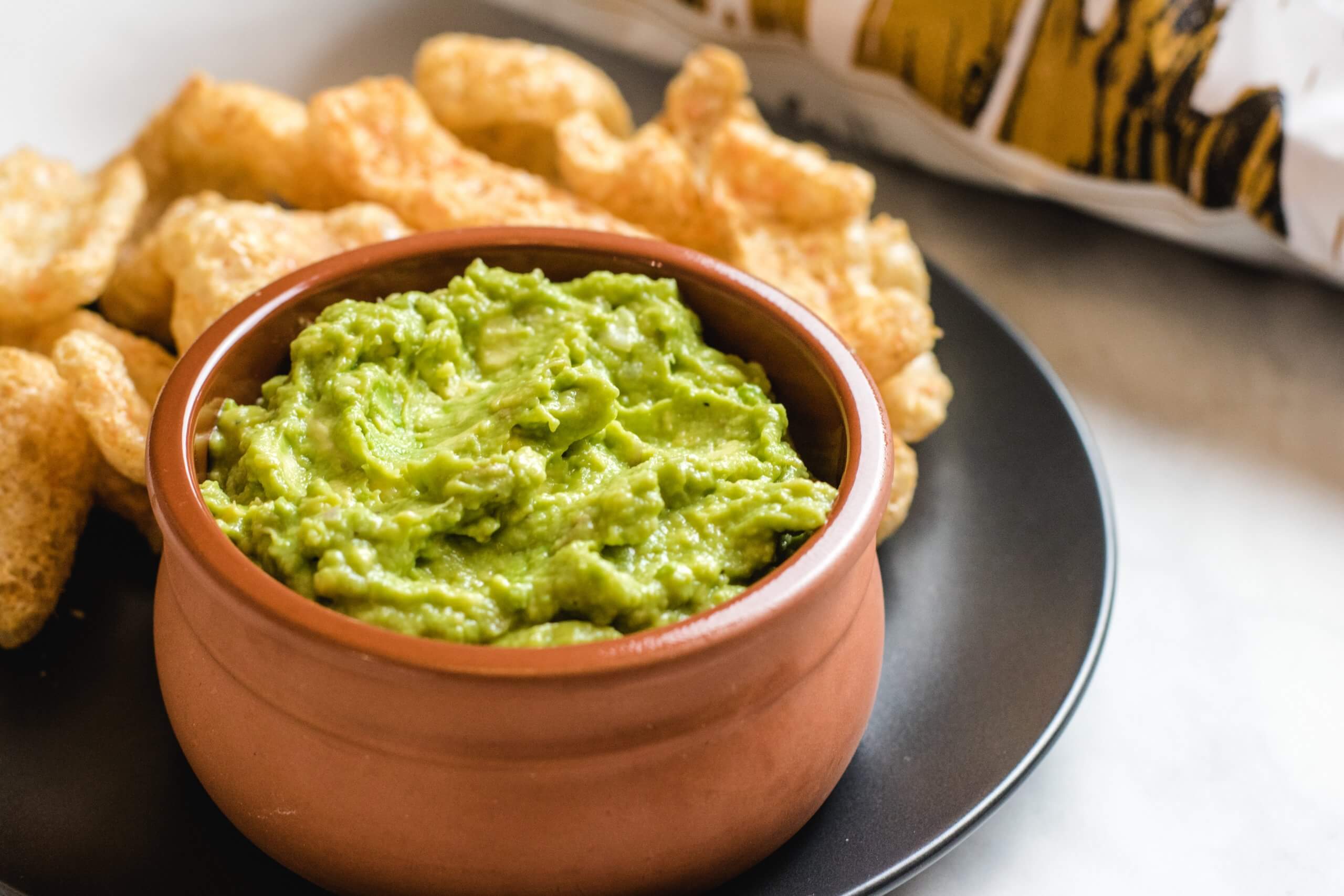
CROCKPOT RECIPE
thanks, Shelley, New York Food Correspondent

SWEETS
thanks, Abby
ADULT COLORING
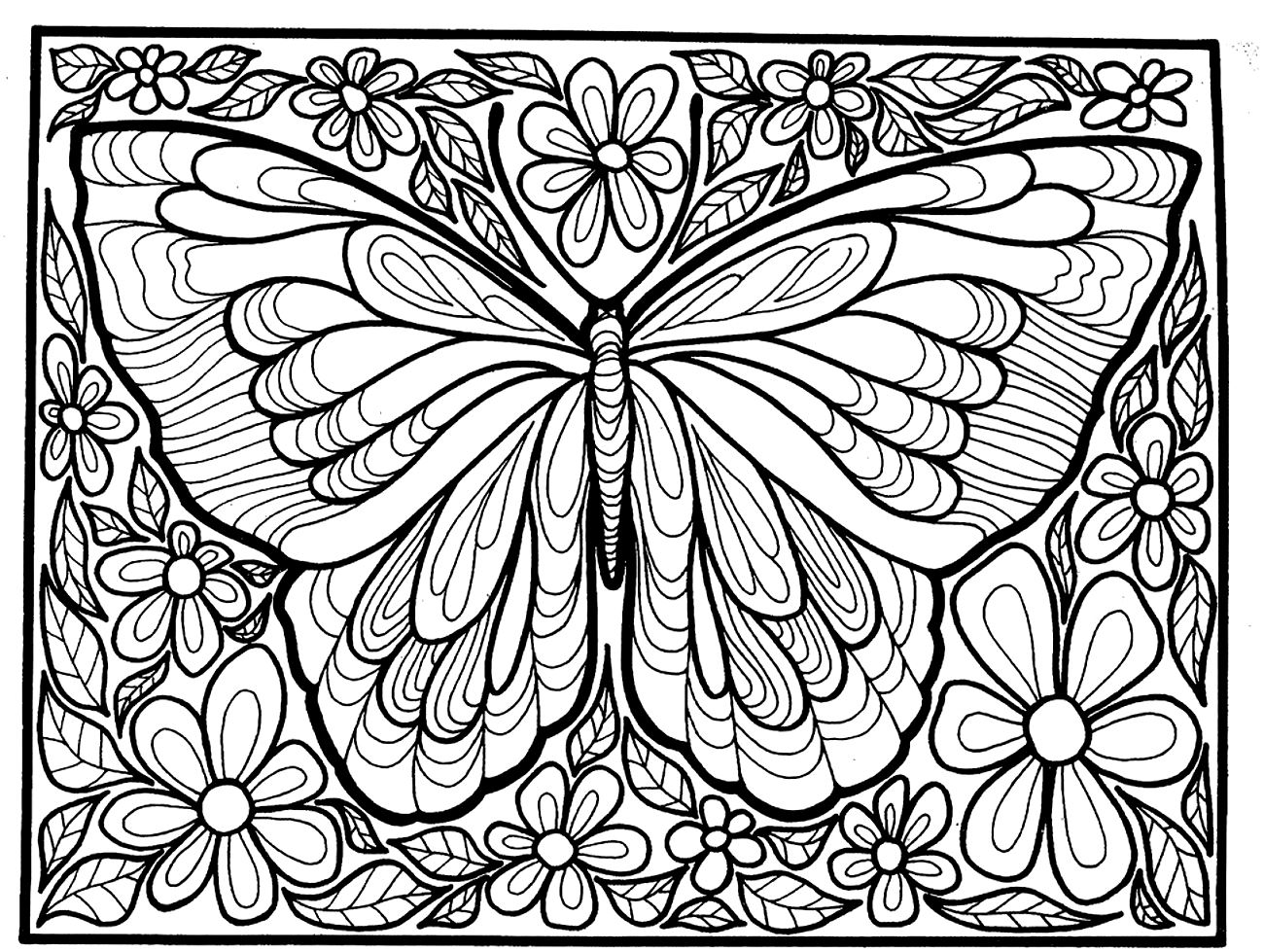
FUN



CRAFTS ... Independence Day
thanks, Mary
CHILDREN'S CORNER ... Independence Day
thanks, Kris
PUZZLE
| accept again agree appreciate boast burrow castle chores condition | daisy dogs drive dust eliminate empty enjoy everlasting | finally flown forever future gather grab | house orderly pare pride purpose | safety stem stick story tatters whirl |
SUDOKU ... hard
solution:
QUOTE
thanks, Bonnie

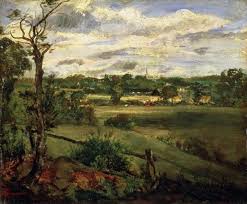

CLEVER
thanks, Kitty

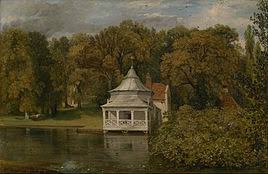



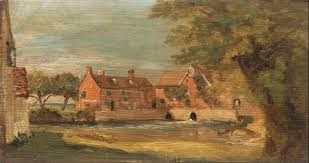
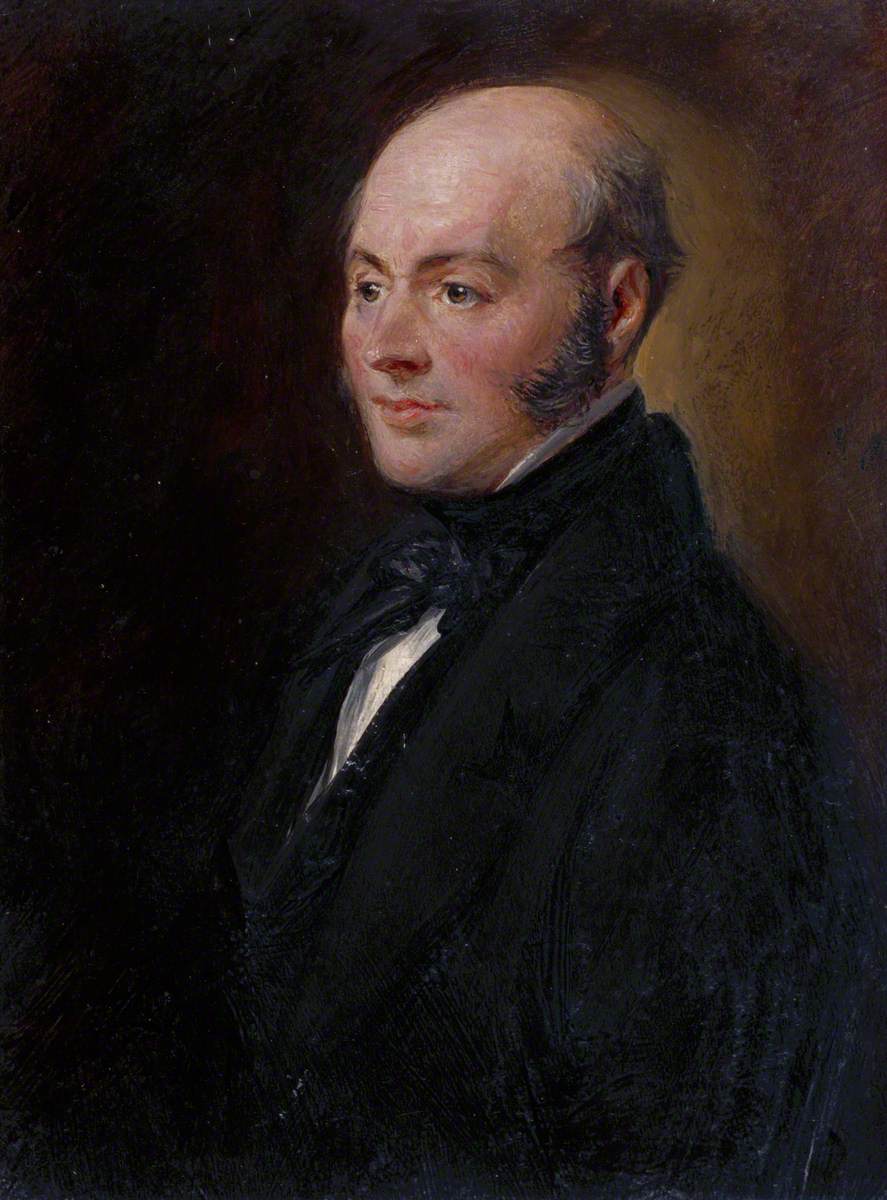

Cut The Burn
Have you ever used a new razor and it shaved you too close?
Instead of just dealing with the pain rub a used tea bag over the area. It should relieve the pain and soothe the agitated skin.
EYE OPENER
thanks, Bev "Something a Little Less Ordinary"
This ship was decommissioned in 1981 after nearly 50 years of service.After being decommissioned, it was left to rust for four years before the front part of the ship was removed and perched on top of an 18-foot cliff above Lake Erie, to serve as a vacation home.Looking across the bow, it seems that the boat is actually steaming - full speed ahead!The ship still contains the beautiful wood-panelled state rooms, dining room and lounge designed by Henry Ford.The ship was used by Henry Ford to travel across the Great Lakes.Thomas Edison was a frequent guest on this beautiful ship.The present four-deck ship-house is 7,000 sq. ft., and includes walnut-panelled staterooms, a dining room with galley, and passenger lounge designed by Henry Ford for his personal use while on board.The ship-house was then owned by Frank J. Sullivan, but after failing to turn it into a hotel in 1992, Sullivan auctioned the building to father and son Jerry and Bryan Kaspar, who still enjoy relaxing there while taking time off from work.It has been modernized with a garage, a game room, a bar, a state-of-the-art kitchen, and four bathrooms.The 90-year-old cargo ship is beautiful, as she sits overlooking her former waterways.Visitors must be okay with heights if they take a tour onto the bow of the boat and see the water so far below.This ship-home has maintained the historic and beautiful interior, which is updated with modern amenities.Bryan Kaspar says: “Everyone who sees our home from the outside wants to look inside.I think everyone who sees it is amazed at the gorgeous woodwork throughout our beautiful ship-home."This impressive getaway includes five bedrooms, four bathrooms, a captain's office and living room with panoramic views across Lake Erie.“I love the deck on the fourth floor. It's a great place to enjoy a cocktail overlooking the lake and the nearby cliffs, and to watch the sunsets is amazing from there.”Videographer Nick James, who conducts tours of the home, says, “The most incredible part is standing at the helm with the way the boat hangs over the cliff.It actually feels like you're on the open water.I love the history that remains all around the Benson Ford.”“In the parlour, you can imagine Thomas Edison and Henry Ford sitting there puffing on their cigars.When you're there, it feels like you're stepping back in time, and that those two famed gentlemen could appear at any moment.”An incredible beauty of a long-ago ship, still available for water lovers to see.

A THOUGHT FOR TODAY:
Not until black demonstrators resorted to violence did the national government work seriously for civil rights legislation ... In 1850 white abolitionists, having given up on peaceful means, began to encourage and engage in actions that disrupted plantation operations and liberated slaves. Was that all wrong? -Ingrid Newkirk, animal rights activist (b. 11 Jul 1949)
John Constable
OPTICAL ILLUSION

www.DianesDailyCorner.Blogspot.com








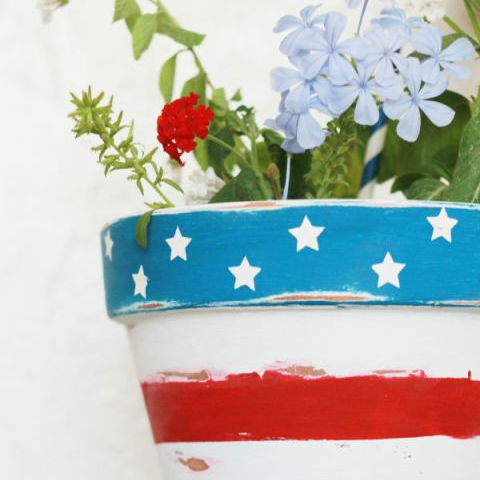














No comments:
Post a Comment